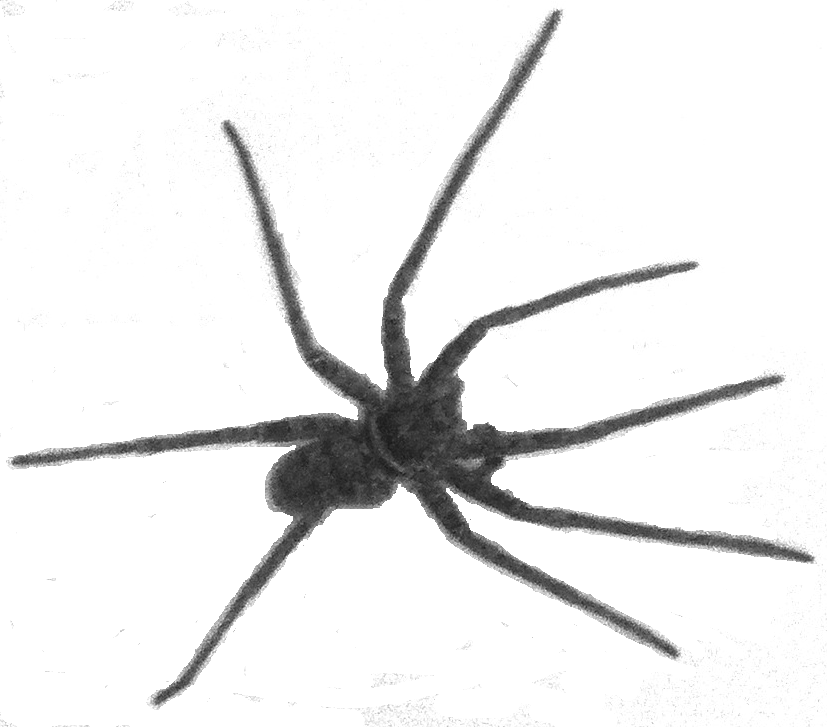White Mountain National Forest
Basic information
Sample name: White Mountain National Forest
Reference: R. A. Krusic, M. Yamasaki, C. D. Neefus, and P. J. Pekins. 1996. Bat habitat use in White Mountain National Forest. Journal of Wildlife Management 60(3):625-631 [ER 1223]
Geography
Country: United States
State: New Hampshire
Coordinate: 43° 8' N, 70° 56' W
Coordinate basis: based on nearby landmark
Geography comments: within the White Mountain National Forest (which also ranges into Maine; however, all the researchers are from New Hampshire) and possibly at the University of New Hampshire Agriculture Experiment Station (coordinate based on Durham, site of UNH)
Environment
Habitat: temperate broadleaf/mixed forest
Altered habitat: secondary forest
Protection: national/state forest
Substrate: ground surface
WMT: 19.0
CMT: -9.0
MAP: 1400.0
Habitat comments: "northern hardwood and spruce/fir forest stands... Nearly 97% of the WMNF was forested" at some point
climate data are for the Hubbard Brook Experimental Forest within the White Mountain National Forest and are from Groffman et al. (2012, BioScience)
climate data are for the Hubbard Brook Experimental Forest within the White Mountain National Forest and are from Groffman et al. (2012, BioScience)
Methods
Life forms: bats
Sampling methods: no design,harp nets,mist nets
Sample size: 84 individuals
Years: 1992, 1993
Sampling comments: "We captured bats on 20 nights, from 2100 through 0430 hours, using 2 vertically stacked, 12- x
2.4-m mist nets... On 4 nights during swarming... we placed a 1.5- x 1.2-m Tuttle trap... at a mine entrance"
2.4-m mist nets... On 4 nights during swarming... we placed a 1.5- x 1.2-m Tuttle trap... at a mine entrance"
Metadata
Sample number: 1762
Contributor: John Alroy
Enterer: John Alroy
Created: 2015-09-17 17:15:12
Modified: 2018-04-13 11:04:04
Abundance distribution
6 species
3 singletons
total count 84
geometric series index: 13.0
Fisher's α: 1.479
geometric series k: 0.4366
Hurlbert's PIE: 0.4068
Shannon's H: 0.8513
Good's u: 0.9643
Each square represents a species. Square sizes are proportional to counts.
• Find matching samples
Register
| Myotis lucifugus | 63 | 7.4 g insectivore |
| Myotis septentrionalis | 10 | 6.6 g insectivore |
| Myotis leibii | 1 | 4.5 g |
| Myotis sodalis | 1 | 6.6 g insectivore |
| Eptesicus fuscus | 8 | 17.2 g insectivore |
| Lasiurus cinereus | 1 | 20.7 g insectivore |


